Shanghai on Monday further relaxed its real estate policies, eliminating distinction between ordinary and non-ordinary homes and expanding tax incentives for property transactions, in an effort to bolster the real estate sector.
The move follows Wednesday’s announcement by the State Taxation Administration (STA) and other central government departments to adjust the tax structure on residential property transactions. The announcement clarified value-added tax and other incentives aligned with the removal of the ordinary and non-ordinary housing classification.
Regarding personal income tax levies on home transactions, Shanghai announced that if individuals fail to provide complete and accurate proof of the original value of the property, or provide an accurate calculation of the original property value and the taxable amount, personal income tax will be assessed based on the relevant regulations issued by the STA, with a 1-percent tax rate applied to home transaction income.
In accordance with the above regulations, Shanghai has abolished the original 2-percent tax rate on home transaction income for the so-called non-ordinary home transfers. Other personal income tax policies remain unchanged, such as the exemption from personal income tax on gains from the sale of a property that has been used as a primary residence for more than five years and is the family’s only home.
Shanghai announced that individuals selling homes that are held for more than two years (including two years) will be exempt from value-added tax (VAT). For properties sold within two years of purchase, a full 5-percent VAT will be applied.
The city also adopted a unified nationwide policy on personal housing deed tax. For individuals purchasing their only family home, a reduced deed tax rate of 1 percent applies for homes of 140 square meters or less, while a reduced rate of 1.5 percent applies for properties larger than 140 square meters.
For individuals purchasing a second home for their family, a reduced deed tax rate of 1 percent applies for properties of 140 square meters or less, while a reduced rate of 2 percent applies for properties larger than 140 square meters.
The regulations will take effect on December 1.
The revised personal income tax policy will offer significant tax relief, Yan Yuejin, research director at Shanghai-based E-house China R&D Institute, told the Global Times on Monday.
For example, a Shanghai homeowner selling a home valued at 10 million yuan ($1.38 million) would previously have to pay 200,000 yuan in taxes but now may only pay 100,000 yuan. Additionally, if the homeowner buys another property in Shanghai within a year, they can benefit from a tax refund policy, Yan said.
“Shanghai’s real estate policies have entered their most relaxed phase in history. Since last year, the city has steadily optimized policies regarding land, finance, and taxation. These strong and wide-reaching measures have effectively supported the release of both basic and upgrading housing demand in the city,” Yan said.
The “golden window” for home-buying has arrived, creating room for sustained demand for homes in Shanghai. With positive policy adjustments on both the supply and demand sides, the supply-demand balance in Shanghai’s real estate market will improve, leading to a more stable and healthy market development, Yan noted.
Following a series of pro-growth stimulus policies meted out by the government, the property market activity has shown signs of recovery, as several indicators show year-on-year growth of home sales lately.
In October, home transactions in China’s first-tier cities – Beijing, Shanghai, Guangzhou, and Shenzhen – showed marked growth, with new home sales up by 14.1 percent year-on-year and second-hand home sales rising by 47.3 percent, data from Ministry of Housing and Urban-Rural Development showed.










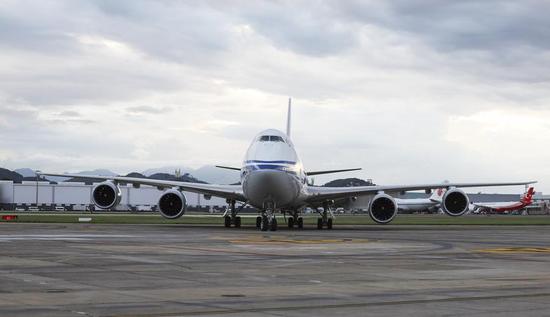
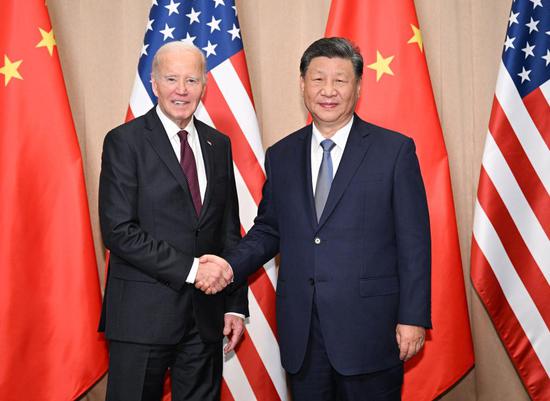



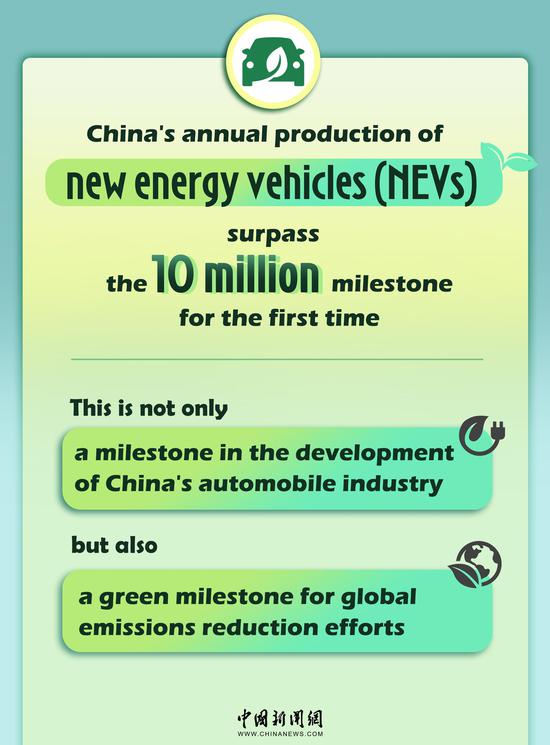

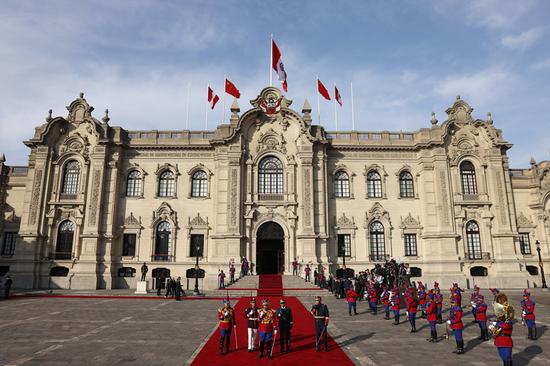



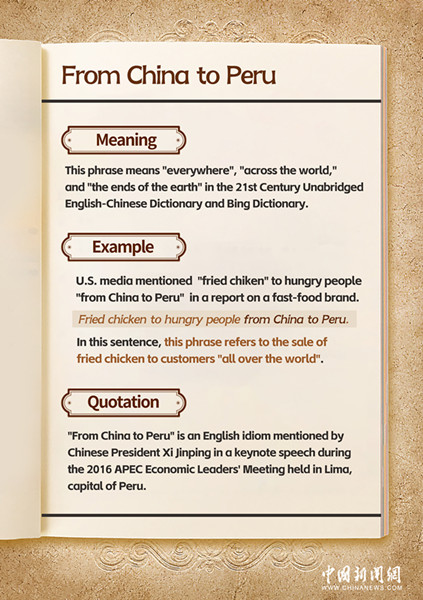
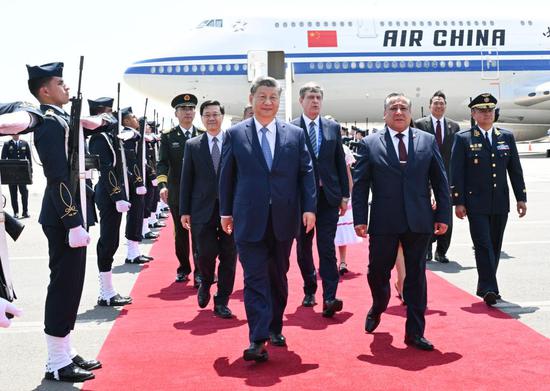

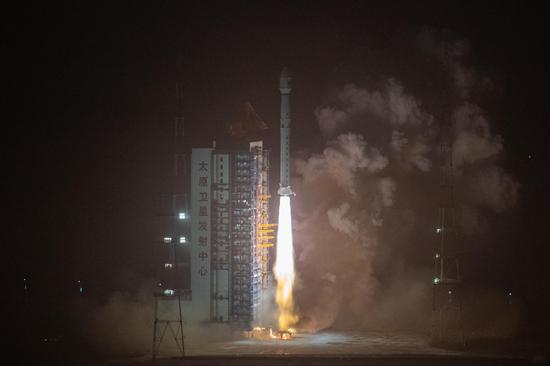


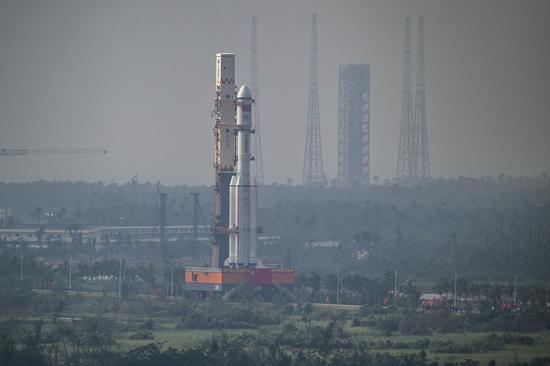
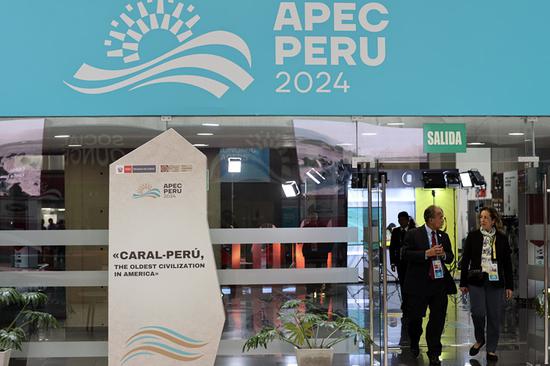
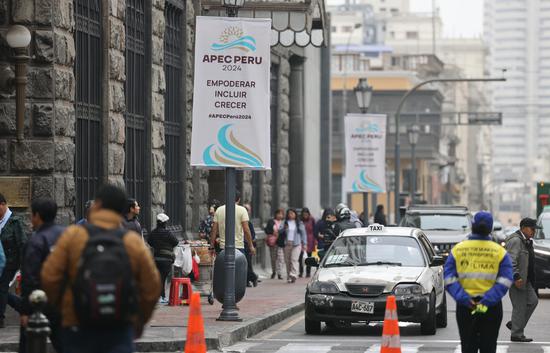




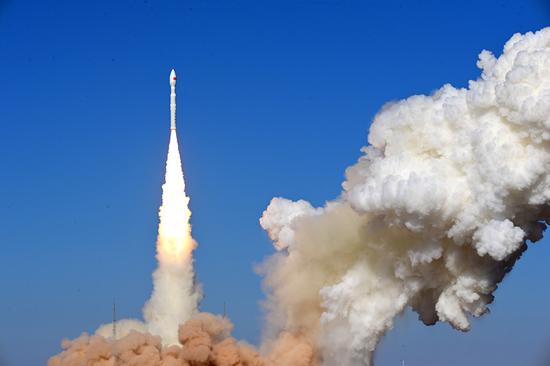




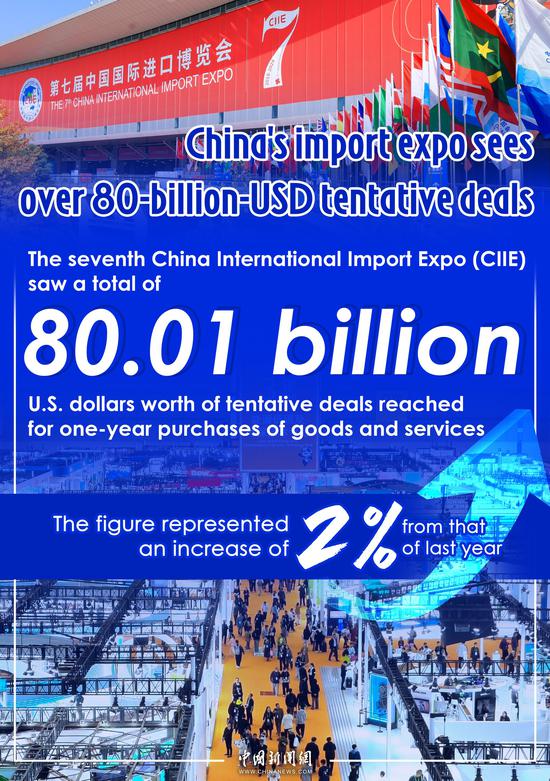
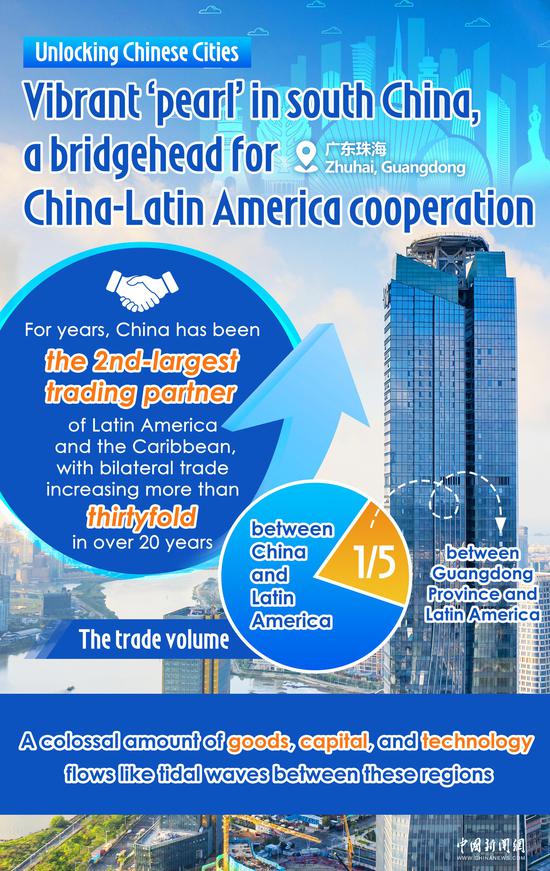
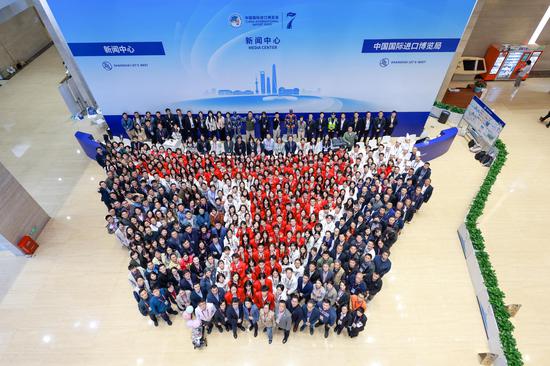




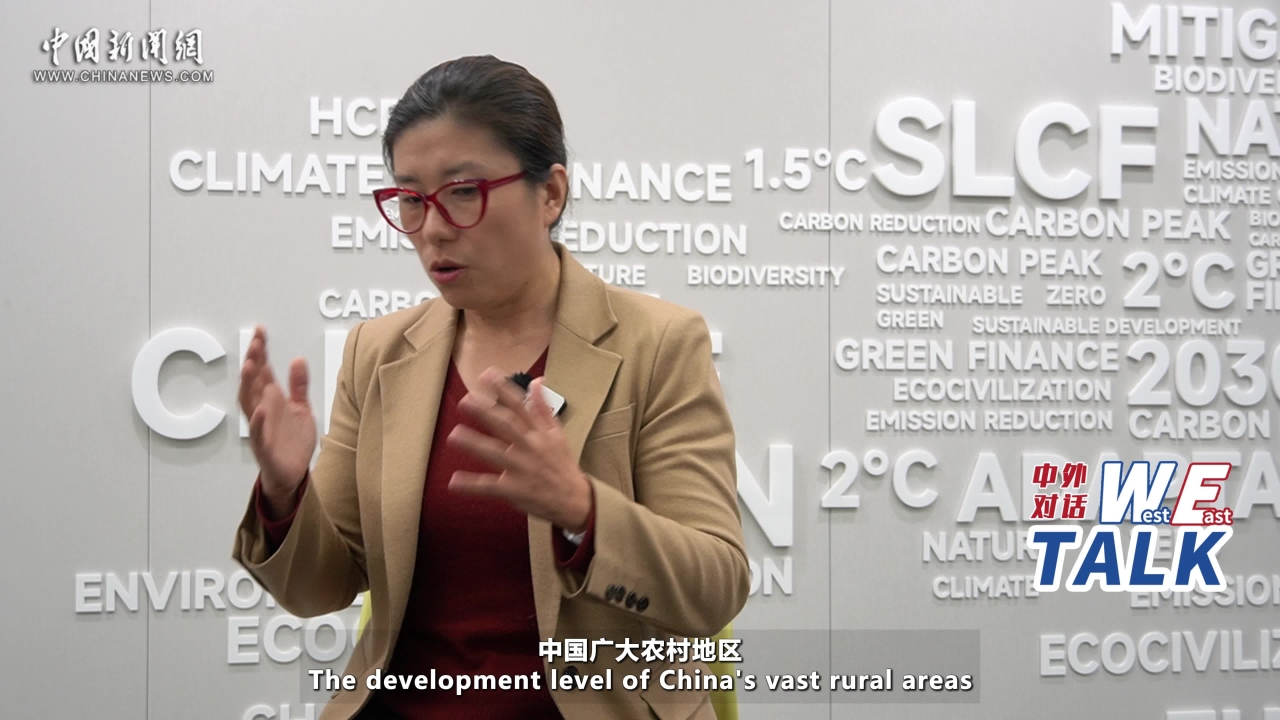

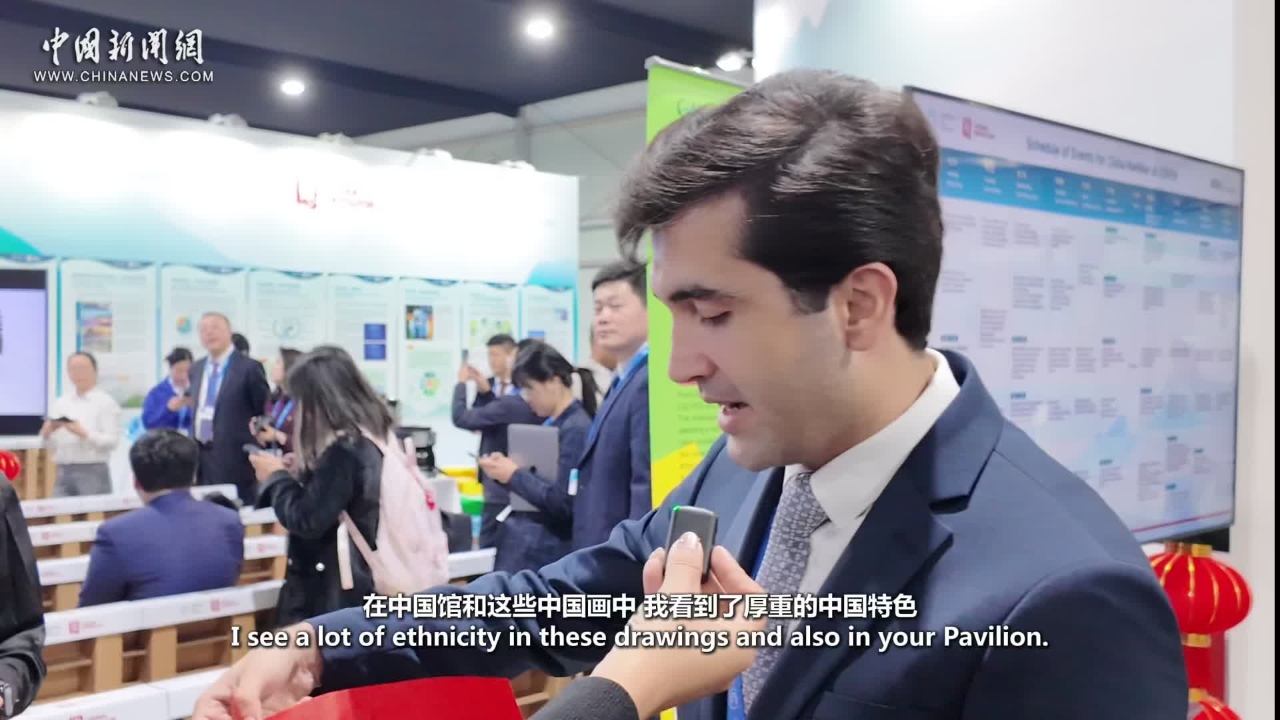

 京公网安备 11010202009201号
京公网安备 11010202009201号